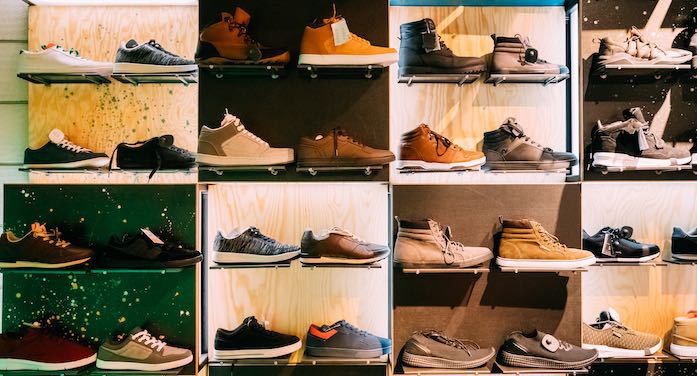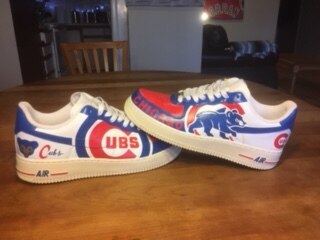How seamless software integration boosts e-commerce sales
One other major component of QuickBooks is its seamless integration with SPS Commerce, the sales platform used by Fanatics, the popular sports merchandise platform STS Footwear uses to generate 90% of total sales. Because STS Footwear offers its products on Fanatics at different discounted rates, it affects the royalty rates for the different schools. With each university agreement featuring a different royalty rate, it’s vital to keep track of every sale for accurate accounting and tax filing.
“When we’re going into tax season, we need to be able to take all the different sales from that previous year and account for all the different factors within each individual market,” says Jono. “QuickBooks Online Advanced has everything organized from month to month. We’re able to take all that information and have it readily available to put into the taxes we have to file.”
The sales data from SPS Commerce shows up directly on QuickBooks, enabling them to see their inventory count, sales, and tracking information at a glance. Jono gives an example of how they use this to their advantage to execute a sales strategy. “It makes it very easy for us to confidently do, let’s say, a Labor Day sale and have different rates for different schools. Maybe one team wins a big championship and we have a sale just specific to them.”
It’s mostly Jono who uses QuickBooks every day to take care of the business end. Once a month, their accountant logs in to reconcile all the numbers. The software doesn’t require any extra maintenance. For Isaiah, this arrangement leaves him a lot of room for creativity.
“[It helps me] as an artist to not worry too much about the business part of it, knowing that QuickBooks is taking over the other part.”
For Jono, on the business end, it keeps operations running. “We use QuickBooks Online Advanced to handle everything from the initial manufacturing process all the way through to the sale. We have every factor imaginable as far as how we turn our inventory into cash and QuickBooks helps us balance it in real-time.”











